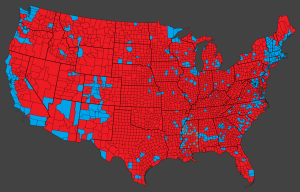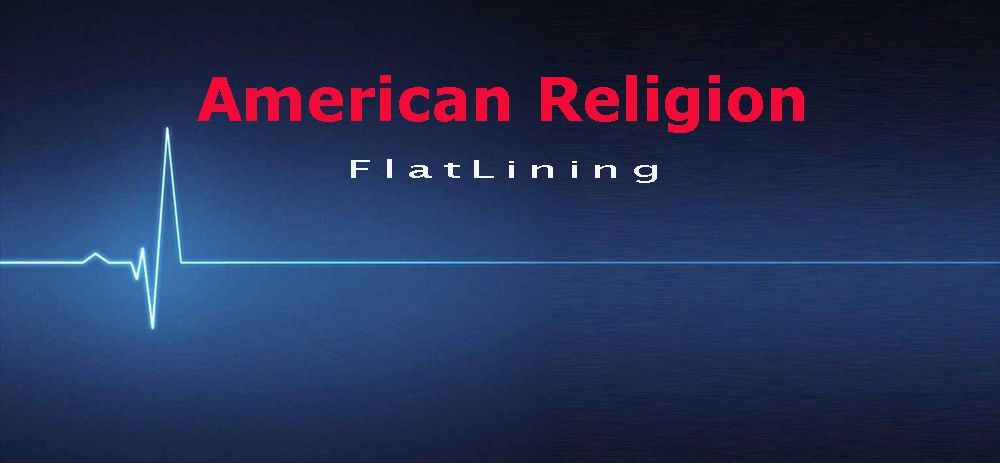The GOP and White Evangelicals: A Legacy Rooted in History
The relationship between the Republican Party (GOP) and white evangelicals has become one of the most defining alliances in modern American politics. This bond, however, is not an organic manifestation of shared spiritual values. Instead, it is the result of a calculated convergence of political strategy, historical divisions, and deeply entrenched racial ideologies. To understand how the GOP became the voice of white evangelicals, one must explore the history of the Southern Baptist Convention (SBC) and the cultural currents that have shaped its identity since its inception.
The GOP’s close affiliation with white evangelicals is a strategic alliance that has its roots in a complex historical context. The relationship between these two entities is not solely based on shared religious beliefs, but rather on a calculated merging of political tactics and deeply ingrained racial ideologies. To comprehend the GOP’s role as the voice of white evangelicals, it is crucial to delve into the history of the Southern Baptist Convention (SBC) and the cultural forces that have shaped its identity over time.
The Origins of the Southern Baptist Convention
The Southern Baptist Convention, the largest Protestant denomination in the United States, was born in 1845 out of a dispute over slavery. Northern Baptists opposed the practice, while Southern Baptists defended the right of missionaries to own slaves. This defense of slavery was not merely a political stance but a theological justification rooted in the belief that slavery was ordained by God. Thus, the Southern Baptist Convention was established not as a neutral religious body but as one intricately tied to white supremacy and the preservation of racial hierarchy.
From its inception, the Southern Baptist faith became deeply entwined with the social and political order of the antebellum South. This racialized theology justified segregation and resisted civil rights advancements well into the 20th century. While the SBC has since issued formal apologies for its support of slavery and segregation, the echoes of these injustices remain embedded in its cultural DNA.
The GOP’s Strategic Alignment with White Evangelicals
The modern alliance between the GOP and white evangelicals began to solidify in the late 20th century. Before this period, many white evangelicals in the South were staunch Democrats, owing to the Democratic Party’s historical dominance in the region. However, the Civil Rights Movement of the 1960s became a turning point. As the Democratic Party increasingly embraced civil rights legislation, many white Southerners felt alienated. This discontent created an opportunity for the Republican Party.
Led by figures like Richard Nixon and Ronald Reagan, the GOP employed a “Southern Strategy,” appealing to the racial anxieties of white Southerners. By emphasizing states’ rights, opposing busing, and framing civil rights legislation as federal overreach, the GOP successfully courted white voters in the South. Evangelical leaders such as Jerry Falwell and Pat Robertson capitalized on these cultural tensions, framing the GOP as the defender of “traditional Christian values” against the perceived moral decline represented by civil rights, feminism, and LGBTQ+ rights.
This alliance was further cemented by issues such as abortion and school prayer, which became rallying points for white evangelicals. Yet beneath these moral campaigns lay an unspoken subtext of maintaining racial and cultural dominance.
White Racism Within Southern Baptist Culture
Despite the SBC’s public apologies for its racist past, remnants of white supremacy continue to influence its culture. The denomination remains predominantly white, with many congregations resistant to racial integration. Moreover, the theological framework that once justified slavery has not been entirely dismantled but rather repackaged. Concepts like “biblical patriarchy” and “law and order” are often invoked in ways that align with broader systems of racial inequality.

The Southern Baptist emphasis on individual salvation over systemic justice has also contributed to the perpetuation of racial inequities. By focusing solely on personal piety, many Southern Baptists avoid confronting the broader societal structures that sustain racism. This theological blind spot allows white evangelicals to dismiss calls for racial reconciliation as “political” rather than spiritual.
The Hebrew Messiah Versus the Cultural Christ
The alignment of white evangelicals with the GOP—and by extension, with a version of Christianity shaped by nationalism and racial superiority—stands in stark contrast to the teachings of the Hebrew Messiah. The Messiah described in the Bible, Yeshua (Jesus), championed the marginalized, challenged systems of oppression, and called for radical love and justice.
Yeshua was a Jewish teacher whose message transcended ethnic and social barriers. He rebuked religious leaders who prioritized tradition over compassion and condemned the exploitation of the vulnerable. His kingdom was not of this world, and his followers were called to embody humility, mercy, and sacrificial love.
In contrast, the cultural Christ promoted by white evangelicalism often mirrors the priorities of political conservatism rather than the radical ethics of the gospel. This version of Christianity places greater emphasis on power, wealth, and cultural dominance than on the inclusive and transformative message of the Messiah.
A Call for Reflection
The intertwining of the Republican Party (GOP) and white evangelical Christians has significantly influenced American politics, particularly since the late 20th century. This alliance has been marked by a shared agenda on social issues, notably opposition to abortion and same-sex marriage, and a commitment to conservative family values. However, this partnership has also been critiqued for distorting the gospel’s core message and perpetuating a legacy of division, racism, and political expediency.
Historical Context
The political mobilization of white evangelicals gained momentum in the 1970s and 1980s, with the formation of the Christian Right. Organizations like the Moral Majority and the Christian Coalition sought to influence public policy in line with evangelical beliefs. This period saw a significant shift of white evangelicals toward the GOP, driven by shared stances on social issues and a reaction against perceived moral decline in society.
Issues of Division and Racism
Critics argue that the alliance between the GOP and white evangelicals has, at times, perpetuated racial divisions. Historically, some evangelical groups resisted civil rights advancements, and elements within the movement have been associated with white supremacist ideologies. This has led to concerns that the fusion of evangelicalism with partisan politics has compromised the church’s prophetic voice on issues of justice and equality. Leading to a possible religious flat-line.
Political Expediency and the Gospel’s Message
The pursuit of political power has sometimes led to compromises that appear at odds with the gospel’s teachings of love, humility, and service. The strong support of white evangelicals for political figures whose actions and rhetoric contradict Christian ethics has raised questions about the movement’s priorities. For instance, the overwhelming support for Donald Trump among white evangelicals, despite his moral controversies, suggests a willingness to overlook certain ethical concerns for political gain.

Call for Spiritual Renewal
Addressing this entanglement requires a critical examination of how political affiliations may have overshadowed the transformative and inclusive message of the gospel. Spiritual renewal, in this context, involves disentangling faith from partisan politics, confronting historical and ongoing injustices, and recommitting to the gospel’s core principles of love, justice, and reconciliation.
In conclusion, while the alliance between the GOP and white evangelicals has been influential in shaping American politics, it has also led to a distortion of the gospel’s message. Confronting this legacy is essential for fostering true spiritual renewal and ensuring that the gospel’s transformative power is not compromised by political expediency.
For those seeking the truth, the challenge is to disentangle faith from ideology and to rediscover the Hebrew Messiah who stands as a beacon of justice, mercy, and love. Only by confronting the sins of the past and rejecting the idols of nationalism and racial superiority can the church truly embody the message of Yeshua and fulfill its calling as a light to the nations.

